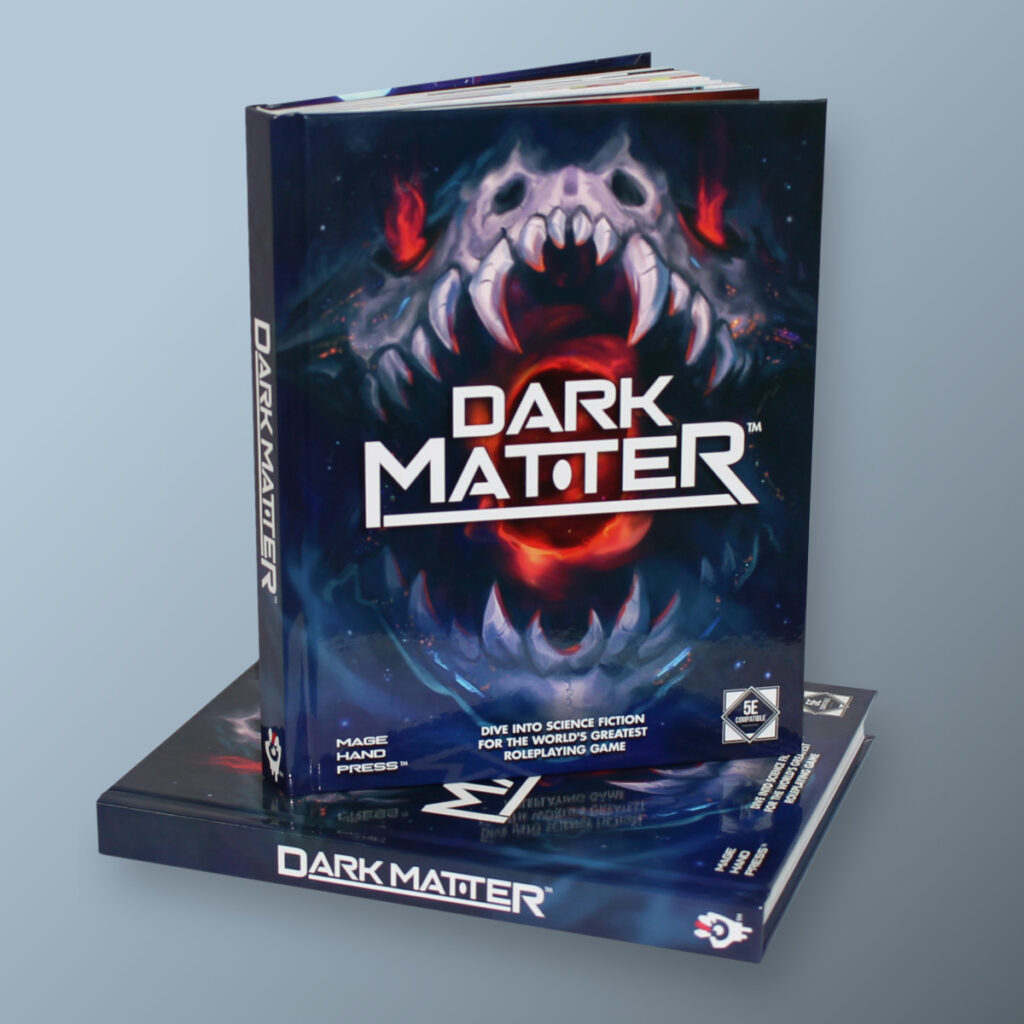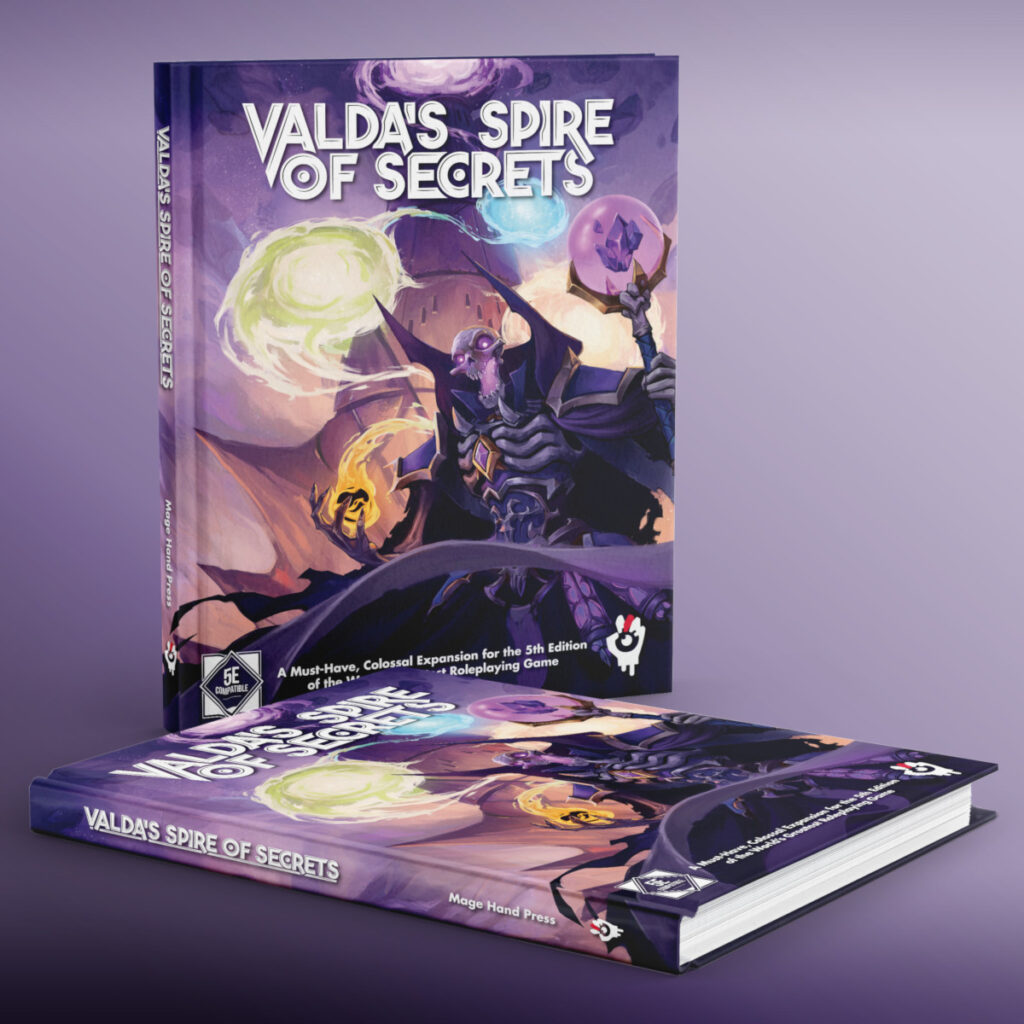In this series, I’ll be slowly tackling a rework of one of our favorite classes, the Binder. The class was originally a straight update of the class of the same name from D&D 3.5’s Tome of Magic, including most of the original vestiges, but as we revisit this class, we’d like to examine its mechanics and its concepts with fresh eyes, improve upon them, and write a whole new list of vestiges.
This is a very late post focusing entirely on variant rules while I prepare the Very Big Scissors for the complete first draft of the binder. Enjoy!
Variant Rule: Ancient Grudges
The vestiges called upon by binders are as embittered as they are venerable. Though their lives were a flash in the scheme of history, they remember every slight, ever wrong done to them in their lives; some of them even remember others who would become vestiges themselves. The following vestiges are incompatible with one another; you can cannot bind two incompatible vestiges at one time.
- K’Sir, Thief Primeval; Lexicon, the First Word
- K’Sir, Thief Primeval; Qadir, the Damned Djinn
- Dyogena, the Spear of Sin; Nezare, the Broken One
- Orzi, the Maimed Duelist; Rostam, Armor Infernal
- Evocatia, the Red; Elozahr, the Blue
- Korine, the Displaced; Vortirrackt, the Outsider; Carthin, the Runebreaker
- Sariel, the Fell Angel; Erebus, the Shadow Interminable
Variant Rule: No Dipping
Unraveling the matter of your soul enough to bind a vestige is an ordeal demanding real commitment on the part of a binder to-be. When you take a level in the binder class, you can’t take levels in another class until you have at least two binder levels.
Variant Rule: Variant Weapons
The weapon proficiencies offered by vestiges might not be appropriate in all campaigns. For example, campaigns with a focus on firearms or blasters can replace Bonus Proficiencies traits with more appropriate martial ranged weapons. For general proficiency guidelines:
- Dyogena grants proficiency with martial versatile weapons.
- K’Sir grants proficiency with martial finesse weapons that do not have reach.
- Hou Yi grants proficiency with martial ranged weapons.
- Tilo grants proficiency with all martial weapons.
- Rostam grants proficiency with one-handed martial weapons that are not finesse.
- Orzi grants proficiency with martial finesse weapons and one-handed martial ranged weapons.
The spirits of vestiges are faint, distant voices from across the multiverse, which even experienced binders have trouble hearing. Instead of reaching out with occult rituals, arcane circles, and esoteric chants, some binders instead procure reliquaries, physical trinkets with a connection to vestiges. Such items range from scraps of ancient tapestries recording the vestige’s life to actual physical scraps of bone from the vestiges’ bodies.
Binders who use reliquaries can only bind vestiges for which they have some sort of trinket. They have a number of reliquaries equal to their binder level plus 1.
Variant Rule: Special Binding Requirements
Some vestiges only heed the call of binders who approach them with special offerings or summon them with antediluvian rituals.
Æglæca. Mother Mourn will always respond if her favorite meal, a plate of berries, is laid out for her.
Asklepios. A healer by nature, Asklepios will only attend to binders who suffer from an injury or illness. As such, cutting one’s hand with a knife of falsifying the symptoms of a deadly disease might be in order.
Bluetongue. Even with his shape-shifting nature, Bluetongue possesses profound vanity. He prefers binders which hide their own faces or chew on berries to color their tongues blue.
Carthin. Discard all magic items, spellbooks, and wands before conjuring Carthin, for he will ignore the call of anyone with the look of a spellcaster.
City Miragic. The City Miragic is contacted not when the binder awakens, but in their dreams before they arise. As such, it is always the first vestige bound any given day, as the binder must walk the streets and plazas of that forgotten city all night beforehand.
Döpple. Döpple only requires a formal invitation in writing from his binders. Naturally, honorifics and formatting conventions must be upheld.
Dyogena. Binders which conjure Dyogena must address her by rank. Ever after millennia in the Void, she remains a soldier.
Elozahr. Binding Elozahr requires no special preparation, but his conjuring is accompanied by plummeting temperatures, which grow cold enough to produce icicles and frost before the blue wizard appears.
Erebus. Erebus can only be summoned in a space of complete darkness. Even a single ray of light expels her presence, which is that of a yawning Void, deeper and more fathomless than the darkness in which she is contacted.
Evocatia. To summon Evocatia, you must build a fire and set a small effigy alight. This signifies to her that you, like her, you desire to scorch away your enemies.
Hou Yi. Most often, Hou Yi must be tricked to respond to a binder. An offering such as a “draught of immortality” or a “missive from the moon” will suffice to pique his interest.
Korine. Binding Korine involves placing a mark of divination on a mirror before smashing it. She can be seen in the fractured reflections beyond.
K’Sir. Ever the thief, K’Sir demands an offering of coins before making an appearance. A few copper pieces are sufficient, but his demands sometimes extend to as much as a gold pieces, all of which is taken with him to the Void.
La Diablesse. The devil woman always appears before men, but only appears before women when her sign is placed at a crossroads.
Lexicon. Contrary to what intuition might suggest, Lexicon longs for an offering of burning pages. In ages long past, such an offering was of priceless worth.
Methuselah. In his advanced age, Methuselah went fully blind, and cannot to this day see the signs left by binders. His binding ritual is entirely verbal, a lengthy series of chants which replicate elements like summoning circles and magic runes.
Mr. Joe. Evidently a lover of jesters and comedians, Mr. Joe must hear a new joke before answering a binder’s call.
Nezare. Nezare only responds to those who honor his twisted sense of righteousness and sin, by breaking a holy symbol, costing a pair of nails in blood, or raking one’s skin with thorns.
Orzi. As part of his binding ritual, it’s customary to offer Orzi the severed left hand from an animal, which rises up to complete the Maimed Duelist in place of his missing limb.
Qadir. The vestige of the Damned Djinn manifests in the steam from a large basin being brought to a rolling boil.
Remus. Remus will not respond to any binder that lays his summon sign in a building or within the bounds of a town or city.
Sariel. Binders must carry a knife when summoning Sariel to sever his wings directly from his back.
Tilo. Tilo’s staggeringly large vestige can only be conjured in a contained space with a tall ceiling, such as a cave or cathedral. He seems to grow to fill the space’s height.
Vortirrackt. To bind Vortirrackt, you must dig a large pit, from which the beast appears to crawl out from when summoned.



